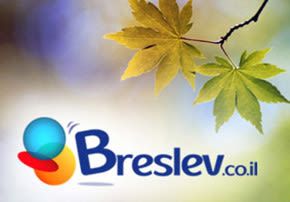
Worthy Vessels
Being a Jew is a two way street. Hashem's blessings are there, waiting for us. But we have to make ourselves into "vessels" worthy of receiving that blessing.

Shabbat afternoon, I took two of my grandchildren to the local playground to give my daughter a well-deserved rest and the grandchildren some quality time with "Bubby" (Grandma in Yiddish). Being a bit tired myself, I opted to sit on the park bench and watch the children play, instead of joining them in their fun (yes, even bubbies are allowed to have fun!).
Almost every Shabbat afternoon a middle-aged man pushes his teenage son around the neighborhood in a wheelchair. The child is severely retarded and barely able to control his body. This Shabbat afternoon, the pair entered the playground. Some of the children were so involved in the games that they remained oblivious, while others curiously stared at them with saucer-wide eyes.
The father pushed the wheelchair to the see-saw. Working together as one unit, the father and boy alternately lifted one end of the see-saw and then pushed it down. I could see that it was difficult for the child, but, with a gentleness born of a deep love and sense of commitment, the father firmly held his son’s hand and helped him.
I found the scene very touching. It must have been difficult for the father to see the healthy children racing around the playground, freely climbing the jungle-gym, sliding down the slides, riding the carousel – while his son will probably remain in a wheelchair for the rest of his life. Yet, he was totally focused on the present, on helping his son alternately lift and lower the see-saw. He was aware of his son’s capabilities, and was determined to develop them to the utmost.
The root of this man’s incredible devotion to his son lies in his commitment to his son. Yes, the youngster is not the budding Torah scholar of which his father had dreamed, but he is the son that Hashem gave him, and as such it is his duty, his obligation, to help him fulfill his potential.
Responsibility
The word, "duty" has become a four letter word. We feel, we desire, we look for "self attainment" (whatever that it) "self actualization," "growth" and "fulfillment" but we forget about obligation. We want to do things because we want to do them – not because we are obligated to do them.
But ask any parent if he always "wants" to play the part of Mommy or Daddy. After spending half the night rocking a teething toddler, it is no joy to wake up to a screaming infant who has to be changed from top to bottom (and whose bedding has to be changed from top to bottom too…) and desperately needs a drink (and the parent probably wants one too, but not milk…). But any parent who, God forbid, would refuse to feed a hungry infant and, instead, turn over for another hour of sleep, might be charged with child-abuse. The joys of parenting (and believe me, there are many of them) come with the obligation of being a parent.
There’s a common saying today: "No pain, no gain." Anything that is real, lasting and true comes with responsibilities and obligations. If we want the joys of marriage, we have to put in the effort to make that marriage work. If we want the joy of a family, we are going to have to give up some of our wants for our family’s needs. We can’t just take, we must also give.
The same thing holds true in our relationship with God.
When I started becoming religious, I saw it as a way of expressing my spirituality. Hashem was so real to me, and my greatest desire was to become close with Him.
But as my relationship with God matured, I realized that being religious also included obligations, the "Yoke of Heaven." I love Shabbat, but when the refrigerator light is accidentally left on and it’s impossible to get to the food, well, I can’t exactly say that that’s my greatest pleasure. But since, as a God fearing Jew, it is my responsibility to keep Shabbat, that includes keeping Shabbat even when the going gets rough. Through overcoming the desire for immediate pleasure to fulfill my obligations as a Jew, my relationship with God became that much deeper, which in turn brought me tremendous joy and satisfaction.
Being a Jew is a two way street. Hashem’s blessings are there, waiting for us. But we have to make ourselves into "vessels" worthy of receiving that blessing.
May we merit to successfully shape ourselves into "vessels" worthy of receiving blessings so that we can set an example for our children and our children’s children and bring nachas ruach to HaShem.


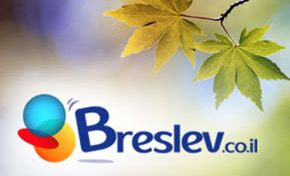
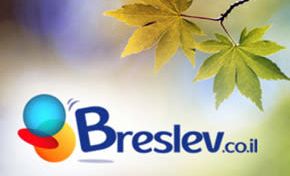
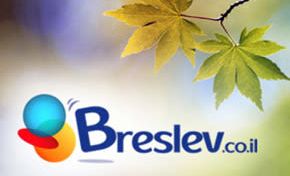
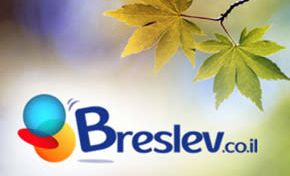
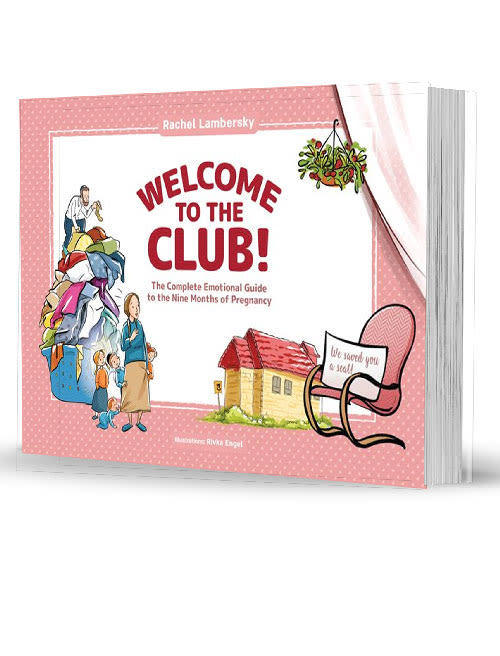

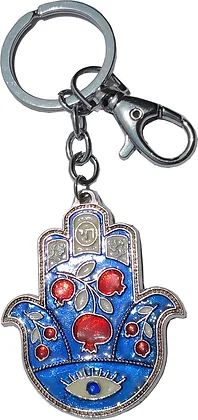

Tell us what you think!
Thank you for your comment!
It will be published after approval by the Editor.